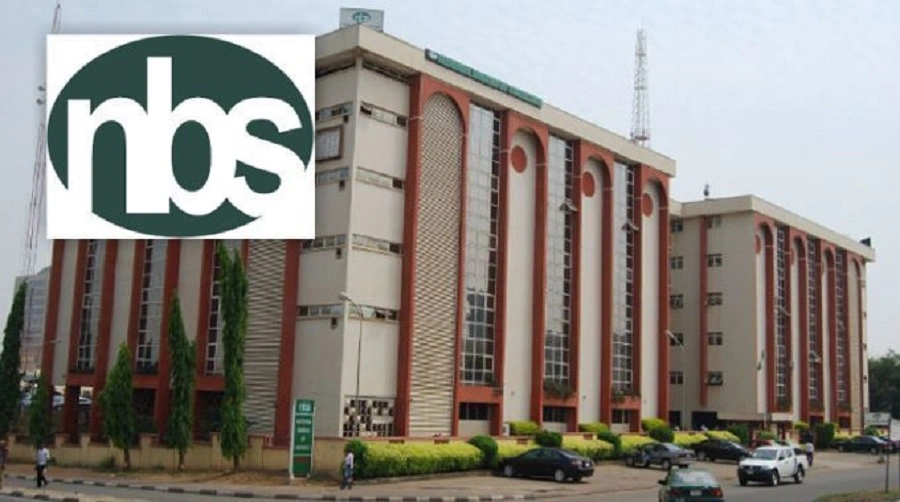A total of 32 out of 36 states and the FCT attracted zero capital importation (foreign investment) in the first 9 months of 2024 up from 27 states in the whole of 2023.
This is according to the latest Capital Importation data from the National Bureau of Statistics (NBS) for the third quarter of 2024.
Nigeria’s total Capital Importation for the third quarter (Q3) of 2024 witnessed a 51.90% decline from the previous quarter, falling to $1.25 billion.
This drop, compared to the $2.60 billion recorded in Q2 2024, highlights a sharp contraction in foreign investments despite an overall annual increase of 91.35% from Q3 2023.
- Dry season farming suffers as dams’ infrastructure collapses
- El-Rufai loyalists’ sack from Sani’s cabinet heightens rift speculation
According to the data, Nigeria attracted $1.2 billion in the third quarter of 2024 compared to $2.6 billion and $3.3 billion in the second and first quarter of the year respectively.
Total capital importation in the first 9 months of the year totals $7.1 billion compared to $3.9 billion in the whole of 2023.
The significant year-on-year rise in Nigeria’s total capital importation, from $3.9 billion in 2023 to $7.1 billion in 2024, masks the uneven distribution, suggesting that overall growth has failed to translate into widespread economic benefits across states.
The NBS data shows that only Lagos, Ekiti, Enugu, Kaduna and the Federal Capital Territory (FCT) recorded capital importation so far this year.
Lagos State attracted the highest chunk of $4.6 billion followed by the FCT, which recorded $2.39 billion imported in the first 9 months of 2024.
Ekiti State attracted $120 thousand so far with $100 thousand coming in the third quarter of the year and $10 thousand each in the first and second quarter respectively.
Enugu and Kaduna states only attracted capital inflows in the third quarter of the year with $180 thousand and $1.95 million respectively.
Other states like Abia, Akwa Ibom, Anambra, Niger, Ogun, Ondo and Rivers State, which attracted inflows in 2023 are yet to attract inflows this year.
However, states like Bayelsa, Ebonyi, Gombe, Jigawa, Kebbi, Taraba, Yobe, Zamfara are yet to attract any capital.
Analysts have said Lagos and the FCT’s dominance reflects their infrastructure, regulatory environment, and economic activities as opposed to other states.
The absence of inflows in states with significant natural resources or strategic potential points to deeper challenges, including insecurity, lack of investor confidence, and poor governance.
For instance, oil-producing states such as Bayelsa and Rivers failed to attract capital inflows, despite their importance to Nigeria’s economy.

 Join Daily Trust WhatsApp Community For Quick Access To News and Happenings Around You.
Join Daily Trust WhatsApp Community For Quick Access To News and Happenings Around You.


